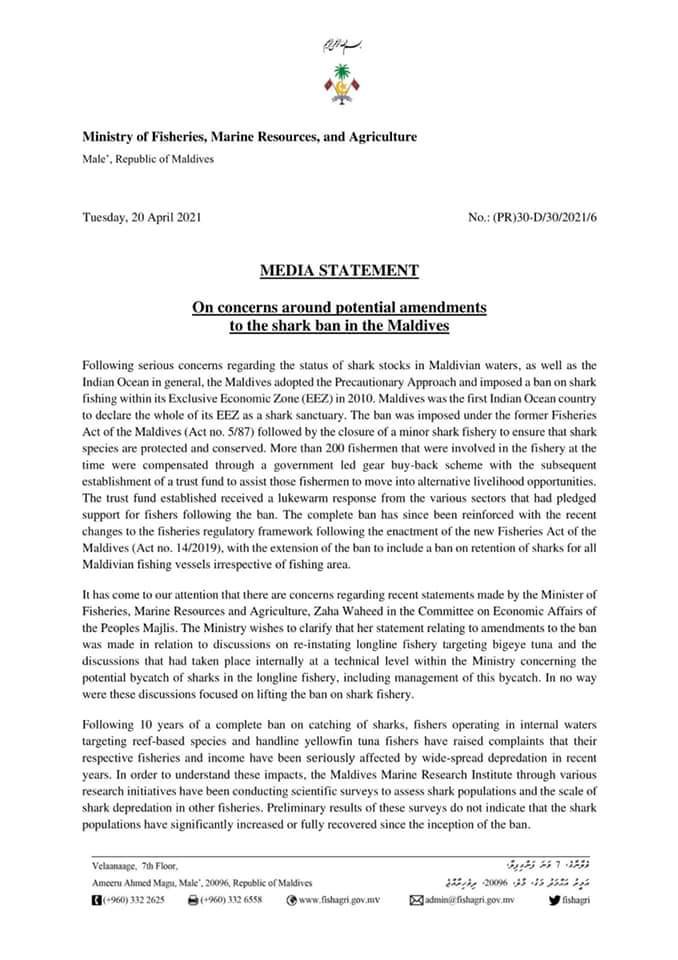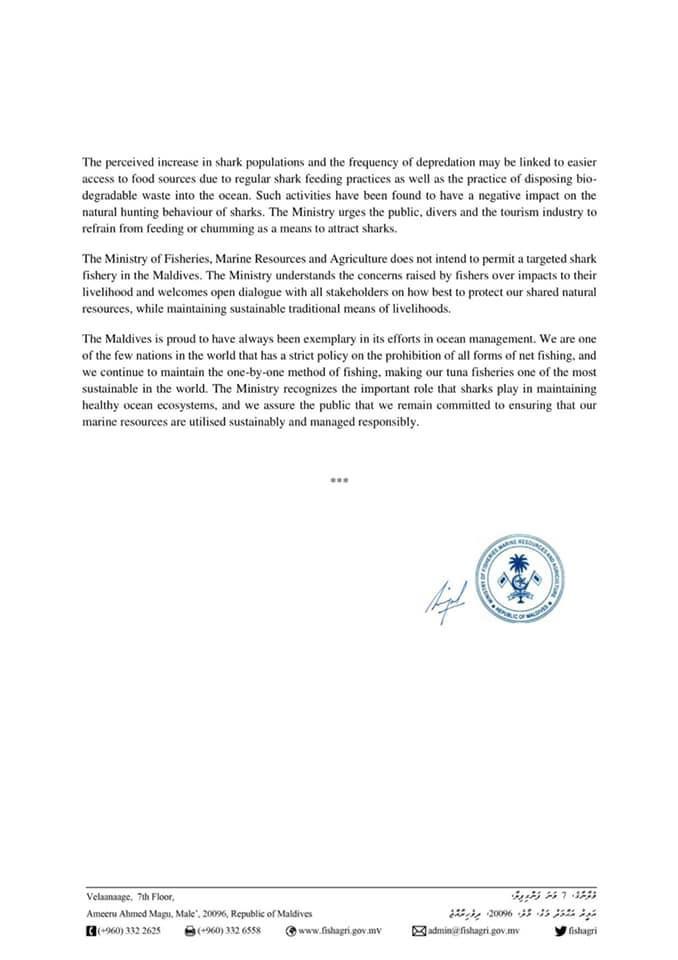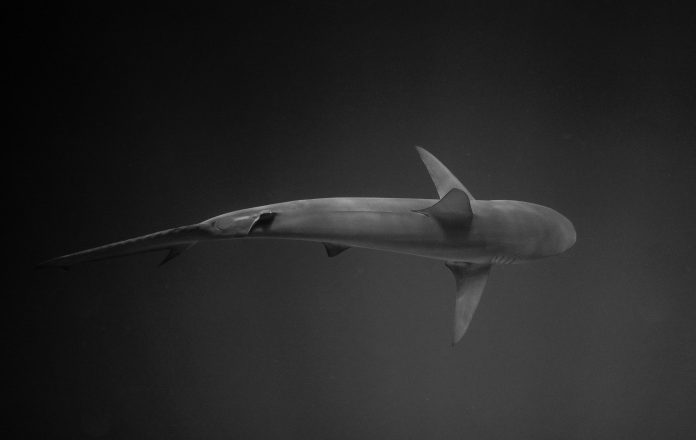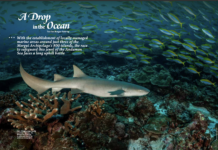

Media statement by The Republic of Maldives’ Ministry of Fisheries, Marine Resources and Agriculture:
Following serious concerns regarding the status of shark stocks in Maldivian waters, as well as the Indian Ocean in general, the Maldives adopted the Precautionary Approach and imposed a ban on shark fishing within its Exclusive Economic Zone (EEZ) in 2010. Maldives was the first Indian Ocean country to declare the whole of its EEZ as a shark sanctuary. The ban was imposed under the former Fisheries Act of the Maldives (Act no. 5/87) followed by the closure of a minor shark fishery to ensure that shark species are protected and conserved. More than 200 fishermen that were involved in the fishery at the time were compensated through a government led gear buy-back scheme with the subsequent establishment of a trust fund to assist those fishermen to move into alternative livelihood opportunities. The trust fund established received a lukewarm response from the various sectors that had pledged support for fishers following the ban. The complete ban has since been reinforced with the recent changes to the fisheries regulatory framework following the enactment of the new Fisheries Act of the Maldives (Act no. 14/2019), with the extension of the ban to include a ban on retention of sharks for all Maldivian fishing vessels irrespective of fishing area.
It has come to our attention that there are concerns regarding recent statements made by the Minister of Fisheries, Marine Resources and Agriculture, Zaha Waheed in the Committee on Economic Affairs of the Peoples Majlis. The Ministry wishes to clarify that her statement relating to amendments to the ban was made in relation to discussions on re-instating longline fisher targeting bigeye tuna and the discussions that had taken place internally at a technical level within the Ministry concerning the potential bycatch of sharks in the longline fishery, including management of this bycatch. In no way were these discussions focused on lifting the ban on shark fishery.
Following 10 years of a complete ban on catching of sharks, fishers operating in internal waters targeting reef-based species and handline yellowfin tuna fishers have raised complaints that their respective fisheries and income have been seriously affected by wide-spread depredation in recent years. In order to understand these impacts, the Maldives Marine Research Institute through various research initiatives have been conducting scientific surveys to assess shark populations and the scale of shark depredation in other fisheries. Preliminary results of these surveys do not indicate that the shark populations have significantly increased or fully recovered since the inception of the ban.
The perceived increase in shark populations and the frequency of depredation may be linked to easier access to food sources due to regular shark feeding practices as well as the practice of disposing biodegradable waste into the ocean. Such activities have been found to have a negative impact on the natural hunting behaviour of sharks. The Ministry urges the public, divers and the tourism industry to refrain from feeding or chumming as a means to attract sharks.
The Ministry of Fisheries, Marine Resources and Agriculture does not intend to permit a targeted shark fishery in the Maldives. The Ministry understands the concerns raised by fishers over impacts to their livelihood and welcomes open dialogue with all stakeholders on how best to protect our shared natural resources, while maintaining sustainable traditional means of livelihoods.
The Maldives is proud to have always been exemplary in its efforts in ocean management. We are one of the few nations in the world that has a strict policy on the prohibition of all forms of net fishing, and we continue to maintain the one-by-one method of fishing, making our tuna fisheries one of the most sustainable in the world. The Ministry recognises the important role that sharks play in maintaining healthy ocean ecosystems, and we assure the public that we remain committed to ensuring that our marine resources are utilised sustainably and managed responsibly.











